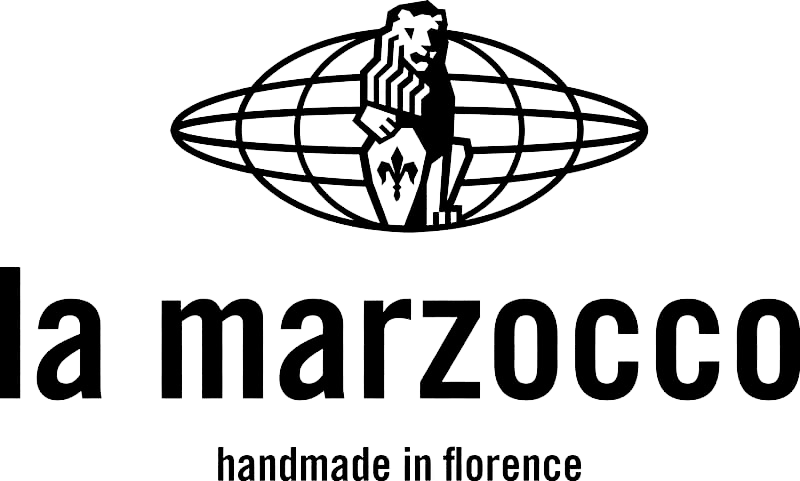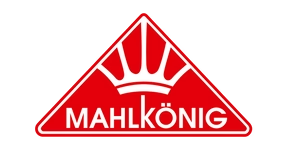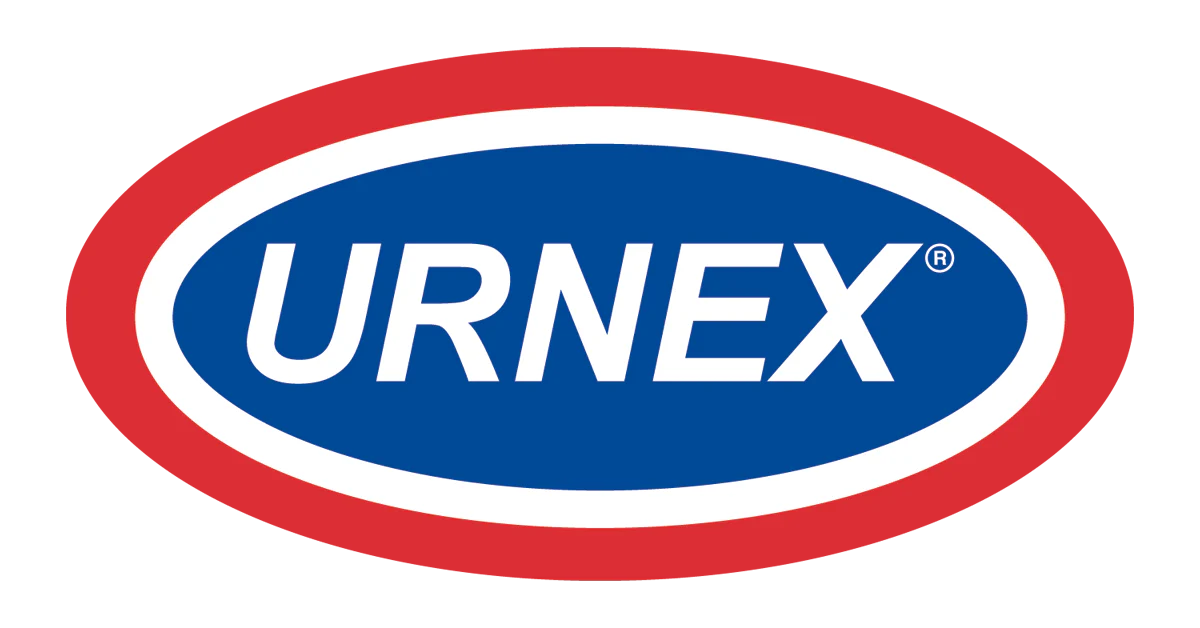Blogs
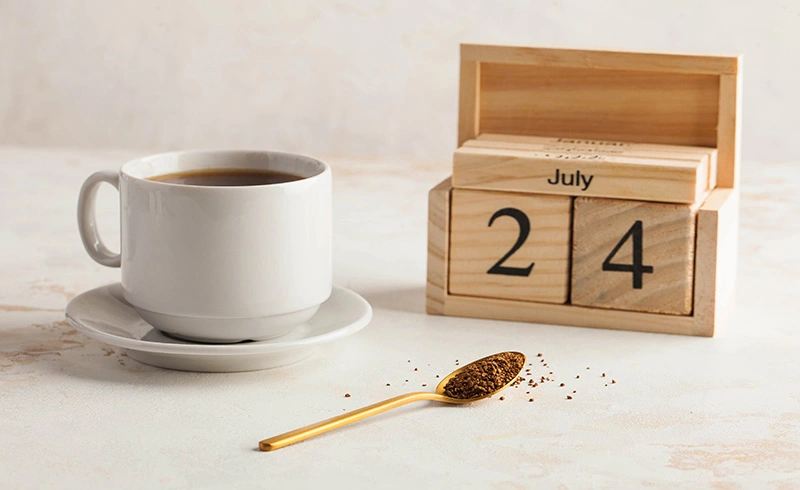
Sustainability In Coffee
Indian coffee has been a sustainable product for many decades, thus we are looking at such various stories from across the country on our yearly calendar edition.
JAN – TATA COFFEE – WATER “EQUITY & EFFICIENCY”
Focused on the UN Agenda for Sustainable Development on Clean Water and Sanitation, Tata Coffee’s key vertical for Social Sustainable Responsibility created a unique method called the Lake in Lake for Natural Restoration of the Hydrological Balance. By now, the effort has rejuvenated 6 ponds, supplies potable water to 18927 people and the highly voluminous run-off replenishes 1.92 million KL/annum. Their coffee plantations have a total of 274 tanks with a capacity of 3.4 mn cubic meters over 120 hectares to impound run-off. The scientific rainwater harvesting has made winter irrigation 100% self-reliant. Besides, Tata Coffee has installed eco-friendly pulping units to drastically reduce water consumption during coffee processing.
To know more log on to – https://tatacoffee.com/sustainability
FEB – FOR EARTH’S SAKE – FIRST ZERO WASTE CAFÉ
For Earth’s Sake is India’s first zero-waste lifestyle store cum café. It is their mission is to reduce waste in terms of single-use plastic and to find sustainable alternatives for all our daily needs. A cafe that says no as they would rather run short than overshoot their daily consumption. They use waste ground coffee as fertilizer and have a range of eco-friendly coffee keep cups. With their products, they want to offer healthier, cruelty-free and waste-free lifestyle choices. Their range of eco-friendly products is sourced locally and ethically, and it is reasonably priced to make sustainability accessible and not a luxury!
To know more log on to – https://forearthssake.co.in/
MAR- B: BAREFOOT COFFEE – SOLAR ROASTER
It took 20 attempts to develop the Solar coffee Roaster and hear that 1st amazing crack of coffee beans coming from a hand-driven, stainless steel drum roaster. Designing a zero-carbon footprint solution bringing to market our “100% Green” coffee, was driven by Allen Chacko Nelson and B.Barefoot Enterprises to invest their coffee with as much integrity as possible. Each B.Barefoot solar roaster can roast 25 kilos at a time! This simple yet complex technology is managed by production coordinator Khatun Chachi, one of Barefoot College’s non-formally educated women alumni. B. Barefoot Coffee is widely sold to Heritage Hotels, online and through retail channels. Investing in developing a high-quality delicious coffee, grown and roasted by rural women who are empowered through technology towards better earnings, is how B.Barefoot defines success.
To know more, you can write to him at – allen@barefootcollege.org
APR – BALANOOR PLANTATIONS – RAINFOREST ALLIANCE CERTIFIED ARABICA
Covering all pillars of Rainforest Alliance Sustainable Agricultural Standards, Balanoor Plantations, carrying a legacy of over 80 years in farming, makes a conscious effort in conserving the natural ecosystem along with social and economic sustainability. They have built houses for laborers and their families, a school and a crèche for their children, and they provide medical facilities as well. Coffee waste, including coffee cherry, silver skin, dried leaves are all recycled as compost and mulch on the estate. The shade and jungle tree planting help in preserving the sensitive ecosystem. To prevent soil erosion and for water conservation, they have built check dams, trenches and integrated ravines across the estate.
To know more, you can write to Mr. Rohan Kuriyan at – rohankuriyan@balanoor.com
MAY – BLACK BAZA – BIODIVERSITY-FRIENDLY
Black Baza Coffee is a social and conservation enterprise working with 650 coffee growers across the Western Ghats who commit to adopting biodiversity-friendly farming practices. Conserving native tree species as shade trees is at the heart of their conservation philosophy. They carry out ecological restoration at farms where birds or insects are affected by exotic predominated shade trees or low canopy covers. Coffee growers monitor biodiversity indicators, wildlife species, canopy cover, and vegetation to monitor the impact of farming practices on coffee yield, cup quality, and the local ecosystem. They hope that coffee drinkers across the world can enjoy the forest in their coffee cup!
To know more log on to – https://www.blackbazacoffee.com/
JUNE – HELP FARMERS BY REDUCING CARBON FOOTPRINTS
- As Kaapi Machines, we recommend focusing on reducing carbon footprints by making small conscious steps as stated below:
- Roasters can reduce carbon footprint by adapting energy-efficient equipment and take measures to watch energy usage at the unit.
- For Supply Chain and Distribution, one can watch their vehicle fuel combustion by using vehicles with Pollution Under Control Certification.
- Café and Office spaces can adopt energy-saving lights, unplug equipment when not in use, monitor water heating devices as they are energy-intensive and possibly live closer to work to reduce pollution from long-distance travel.
- You can Plant More Trees around your surroundings, in offices and homes. With the distribution of 300 calendars with 6 seed pages each, we hope to help plant 1800 plants.
- Source and Promote Local beans to not only reduce carbon footprint but to add the artisanal flavour.
JULY – HANDS FOR SONGWA
La Marzocco, Probat and Mahlkonig invest in Songwa Estates, a non-profit coffee farm in Tanzania. All 3 partners manufacture coffee equipment and, since coffee is a precious resource upon which so many livelihoods depend, since 2012, the partners have funded these carefully selected projects – including refurbishing 3 primary schools in the region, creating sanitation facilities near the school, and building 4 freshwater wells near the schools and villages to provide clean drinking water for the first time in that region. They also coordinated a campaign to educate school children and communities to clean the river near the farm.
To know more log on to – http://www.songwa-estates.com/
AUG – THE CHINTAPALLI TRIBAL ORGANIC COFFEE PROJECT
The Chintapalli Tribal Organic Coffee Project began in 2018. Through this project, Partners in Prosperity (PnP) formed a Mutually Aided Cooperative Society (MACS), for collective processing and marketing of coffee beans. The project aims to involve 14000 coffee farmers by 2021. They have also formed farmer’s groups to train them on aspects of coffee harvesting and processing. The beans are bought by MACS at market rate, which eliminates the middleman and frees the farmers from the trap of debt and exploitation. PnP also helps farmers with the land settlement and credit requirements, as earlier they were exploited by money lenders and ended up selling their produce with no margin for profit. Today, farmers are empowered with financial stability and independence.
To know more please log on to- https://www.pnpindia.in/
SEP – Dr. BINISH DESAI – THE RECYCLE MAN OF INDIA
Waste is man-made and it doesn’t exist in nature. He goes on to say no waste is useless, waste is, in fact, an asset to him. Dr. Binish Desai is known as the Recycle Man of India. He is an environmentalist, an innovator, and a social activist who is changing the face of waste recycling in the country. He has made 150 products so far out of 60 different types of waste; coffee happens to be one of them. He has made coffee cups made of coffee. His vision is to see coffee waste as a raw material to create luxury décor items including lamps, clocks, phone covers, and even create the body of a coffee machine made from coffee.
To know more please log on to – https://www.binishdesai.com/
OCT – COFFEE HEART BREWING
Hima Bindu is brewing coffee he ART. Art and craft have been a part of her growing up years as her mother used to paint using black ink. When she began painting with oil paint on canvas, it started affecting her health. Her art teacher recommended coffee as an alternative. Today, it has been 10 years, she recycles, reuses and upcycles coffee waste for her artwork. She uses 12 different styles of Indian art forms including Madhubani, Tanjore, Gond, Kalamkari, Kerala Mural, and Warli, to name a few. She does free painting workshops at different Non- Governmental Organisations (NGOs). A part of her sales from her paintings go towards supporting girl child development (health and education).
You can view her artwork here – https://www.facebook.com/coffeeheartbrewing/ or write to her at hima@coffeeheartbrewing.com
NOV MEARTH – SUSTAINABILITY AT HEART
Mearth is a vegan café that keeps sustainability at the core of their daily operations. While they source sustainable coffee, all their coffee waste is turned into compost to use it in their café and as free giveaways to interested customers. Their packaging is completely biodegradable, they sell a whole range of sustainable products, and they even segregate waste in red, blue, and green categories. They conduct workshops on environmental sustainability at their café. A café that truly cares about nature, they support an animal shelter called Sanctuary, which provides care and shelter to retired horses and bulls.
To learn more about them, click here- https://www.instagram.com/mearth_cafe/
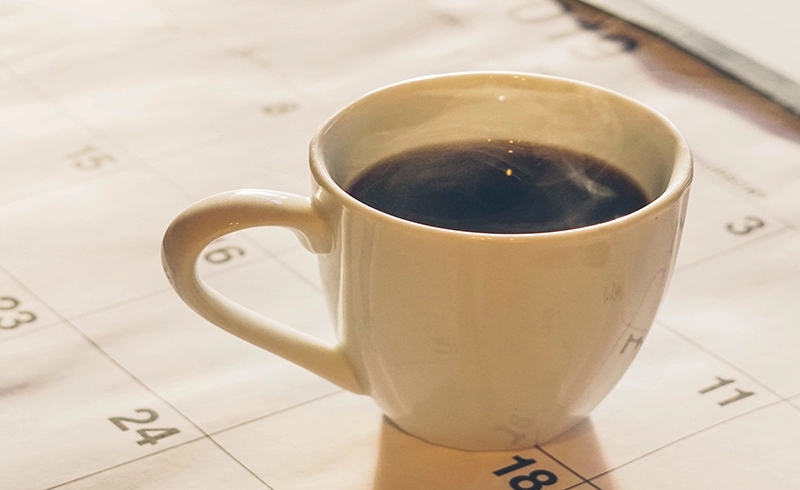 DEC – LEARN AND EMPOWER COMMUNITY
DEC – LEARN AND EMPOWER COMMUNITY
Knowledge Sharing with the Community – At Kaapi Machines, the calendar is our way of sowing the seeds of sustainability in our minds, and it is also our 1st step towards sustainability. We believe knowledge sharing is the best tool to bring about change. For our cafe consulting and training projects, sustainability will become the key subject to learn and empower the community on making conscious decisions.
Recycle Waste – We will reuse and recycle coffee waste by collaborating with local nurseries who can compost it and supply to organic beauty brands for cosmetic purposes.














